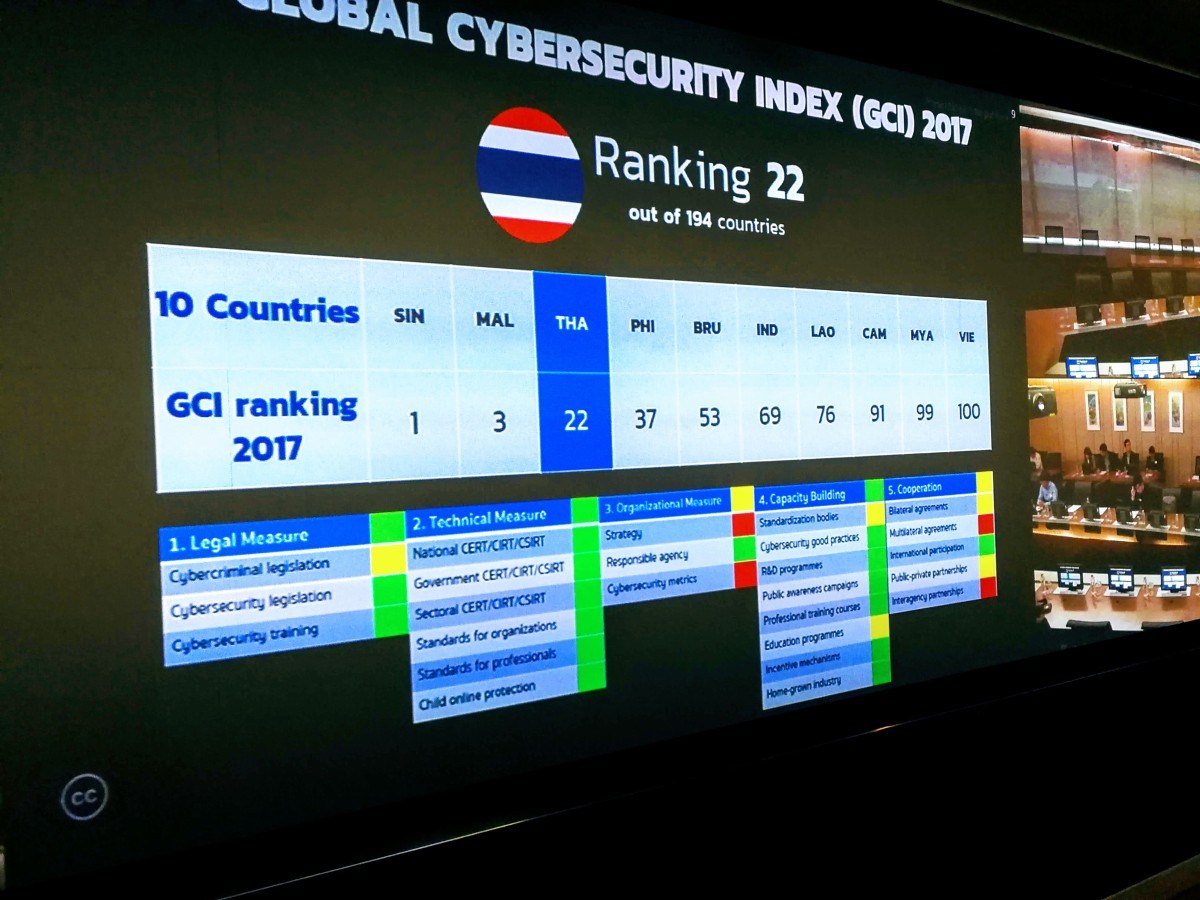No products in the basket.
- Latest
- Trending
Digital lifestyles, cashless societies, app-based businesses, “smart” nations, virtual services – there is a tremendous amount of excitement in Southeast Asia now about the growth of the digital economy.
The region is a hotspot for digital development, and it already leads the world in some indicators, such as Internet and social media use.
The signs of Southeast Asia’s digital transformation are obvious from its impressive tech “unicorn” companies, such as GoJek, Grab and Lazada, Sea, Tokopedia and Traveloka, to the entrepreneurs and small firms that are innovating and using technology to grow.
All of this is driving a high level of interest from the region’s governments, all of which are implementing various strategies to grow the digital economy.
In other words, the full potential of technology as a driver of private sector growth is not being realized. This is because the region still faces significant barriers to growing the digital economy.
Six priorities stand out to strengthen the enabling environment for the digital economy.
Around half the population of ASEAN still lacks Internet access, and when available it tends to be through mobile broadband (for example using smartphones) rather than the fixed broadband needed for data intensive business applications.
Public and private investment will be needed to address this, but policymakers can also help through regulatory reforms.
In many countries, the broadband market is dominated by one or two large firms, and often these are state-owned.
Reforms that promote competition could help to lower prices and increase speeds.
Although the region already has good literacy and numeracy foundations, education systems need to be nimbler in developing the skills needed for the digital economy.
These range from basic computer usage to advanced skills like coding and data analytics, as well as “soft skills” like collaboration and communication.
Achieving this requires a focus on lifelong learning, not necessarily acquiring specific degrees but developing skills for life.
Singapore’s Skills Future initiative, which provides resources for ongoing re-training and skills development, is one example.
Digital payments are an essential part of a digital economy, and expanding their use is another priority for Southeast Asia.
The latest World Bank Global Findex data shows that only 19% of financial account holders in the region access their accounts using a mobile phone or the Internet.
This is well below the average of the world’s middle-income countries, and Sub-Saharan Africa, respectively at 27% and 24%.
Governments can help by putting the appropriate regulatory infrastructure in place and also by using digital payments in their interaction with citizens – such as paying for government services or receiving pensions.
Likewise, government-run digital ID schemes can help citizens gain account access more easily.
Another barrier, especially for e-commerce, are high-costs and unpredictable logistics.
The challenging geography of many Southeast Asian countries is an important factor, but regulation also plays a role.
A recent World Bank-ASEAN report showed that logistics barriers to cross-border trade in the bloc are among the highest in the world.
E-commerce shipments face unpredictable customs procedures in many countries. The World Bank Logistics Performance Index shows that customs is the weakest area of performance across the region’s logistics environment.
Fifth, policies that promote trust are essential for growing participation in the digital economy. These cover a range of areas from data privacy, to cybersecurity, to consumer protection.

Fewer than half of ASEAN countries have comprehensive data protection laws, and the capacity of data protection authorities remains limited.
Policies are also not coordinated regionally, making it hard for individuals and businesses alike to know what regulations apply when their data moves across borders.
Finally, governments need to lead by example and become more digital themselves.
This means streamlining systems on an integrated “whole of government” basis, but also offering digital services platforms that support businesses and reduce transaction times and costs, like online licensing and permit approvals.
Initiatives such as national digital IDs can trigger direct benefits in other areas of the digital economy – such as the previously mentioned digital payments example.
Other policy areas, such as taxation, are also important for governments in growing the digital economy and managing its risks.
But by building these six critical foundations for the digital economy, boosting the regional capacity and brokering technology to solve its development problems, Southeast Asian countries will be better positioned to unlock the full potential of the digital economy across its region.
SUBMITTED BY VICTORIA KWAKWA
on
East Asia & Pacific on the rise








